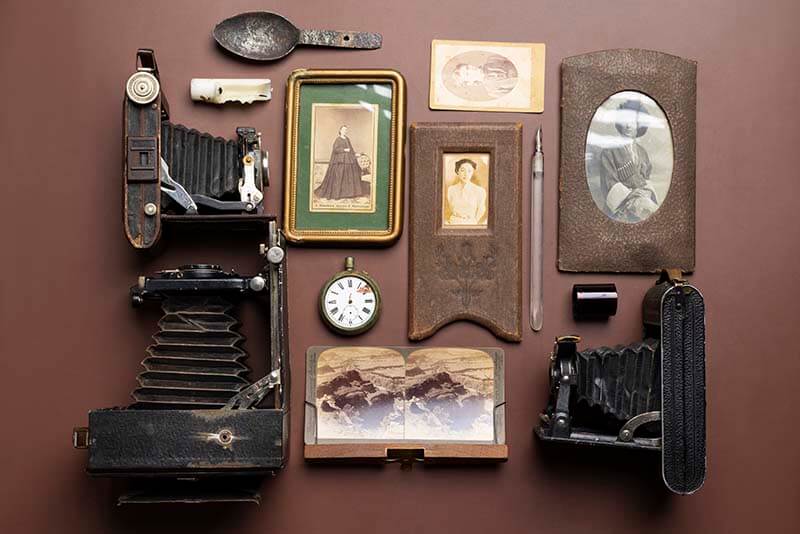
Throughout our lives, we accumulate various belongings, some of which hold sentimental value or monetary worth. It’s crucial to ensure these items are allocated according to your wishes after your death. Here’s how you can ensure a smooth distribution process.
How to Distribute Your Belongings
Use a Personal Property Memorandum: If you want a specific item to go to a certain individual, you can create a personal property memorandum. This document should be linked to your will or trust, and it allows you to specify who gets what. You might, for example, leave your gold pocket watch to your nephew, Bill Smith. Make sure the items are clearly described and the recipients are specifically named. Changes to this document must comply with your state’s laws.
Hold an Auction: If your aim is to divide your belongings equally among several beneficiaries, you could use play money to conduct an auction. Each beneficiary gets an equal amount of play money to bid on items. This method ensures everyone has an equal chance, regardless of their real-world wealth.
Take Turns Picking: Gather all your belongings in one place and allow each beneficiary to select an item in turns. To keep things fair, you could have beneficiaries draw numbers to decide the order of selection. This method works best when the items are of similar value, ensuring everyone receives an equal number of items.
Other Important Factors
Provide Clear Guidelines: If you’re leaving the distribution to a trustee or representative, make sure you provide clear guidelines to prevent disagreements among beneficiaries.
Involve Your Loved Ones: If you’re unsure how to distribute your belongings, involve your loved ones in the planning process. You could use stickers or sticky notes to mark desired items, resolving any conflicts while you’re still alive. Don’t forget about younger family members who might appreciate something of yours after you’ve passed.
Consider keeping collection together: When distributing a collection, consider whether you want the collection to be divided among multiple people or given entirely to one person. Some collections may be more valuable if all of the pieces are owned by the same person, especially if the collection is complete.
It’s important to make these decisions while you’re still alive. Without clear instructions, your loved ones might face disputes and possible legal battles. We’re here to help you establish a clear strategy and document it properly. We offer both in-person and virtual meetings for your convenience.







